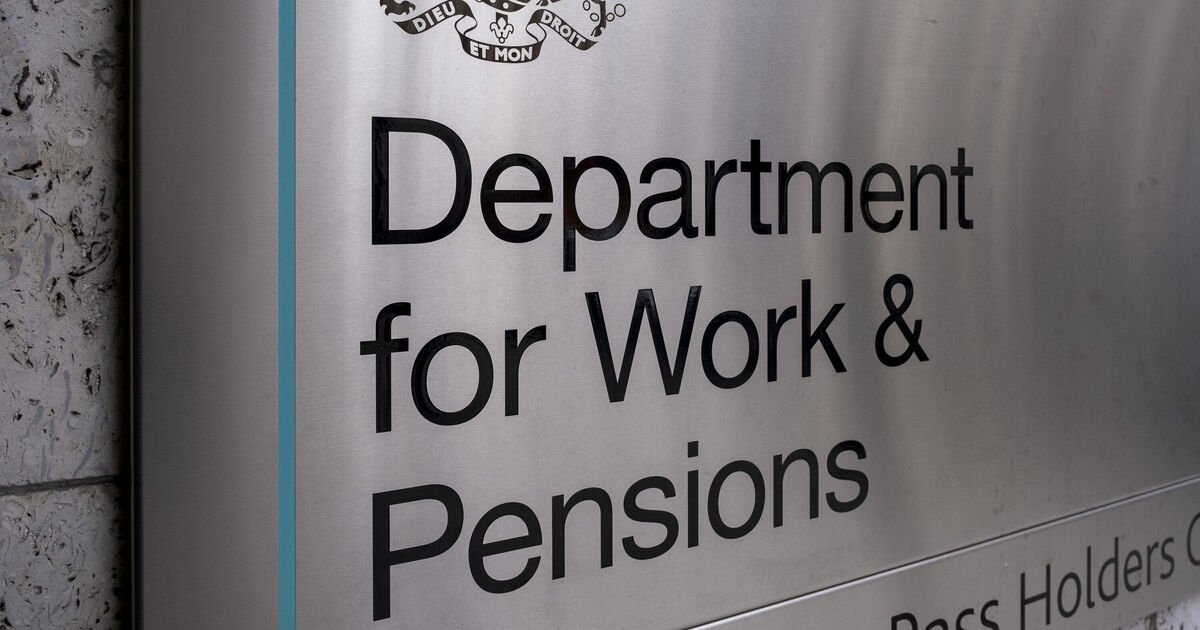
It’s one of the most ubiquitous benefits currently handed out by the DWP, with millions of people in the UK currently claiming some form of Universal Credit.
And that’s very much by design, with many other benefits slowly being withdrawn and claimants being migrated from other benefits over to Universal Credit instead, including people of working age, people with disabilities and pensioners.
And this year the DWP has announced that various segments of Universal Credit will be uprated in line with inflation, retaining the spending power of the benefits in real terms and increasing the amount in cash terms.
From April, Universal Credit payments will be increased by up to £465 a year, depending on your circumstances and the level you’re currently paid out.
If you’re single and under 25, Universal Credit will be paid out at £316.98 per month, an increase from £311.68 currently being paid.
Those single and over 25 will get £400.14 per month, up from £393.45, while couples under 25 will get £497.55, up from £489.23, and over 25 couples will get £628.10, up from £617.60, an increase of £126 per year.
But the biggest single change is the increase to Universal Credit childcare costs. This is up from £1014.63 for a single child to £1031.88, or £1,739.37, increased to £1,768.94 for two or more children, an increase of £354 per year.
But to claim the childcare costs money, parents need to be in work.
According to the DWP, this is how it works: “You can get up to 85% of childcare costs paid back to you. If you pay for childcare while you go to work, Universal Credit can pay some of your childcare costs. This includes holiday clubs, after-school clubs and breakfast clubs. If you live with a partner, you both need to be working, unless your partner cannot look after your children.
“You have to pay for your childcare costs yourself. Then you report them to Universal Credit, and Universal Credit pays some of the money back.
“If you pay for childcare after it’s been provided, we usually pay back your costs in the same assessment period that you report them.
“You should try to arrange monthly payments with your childcare provider and report those costs as soon as they are paid. This should mean your childcare costs are included in your Universal Credit every assessment period.
“You can also claim up to 3 assessment periods of future childcare costs at a time if you have paid these costs up front already, and you have proof of those costs. This includes the assessment period in which you pay the childcare costs. We pay these costs back over the assessment periods for which they apply. They will not be paid back in one lump sum.”

















